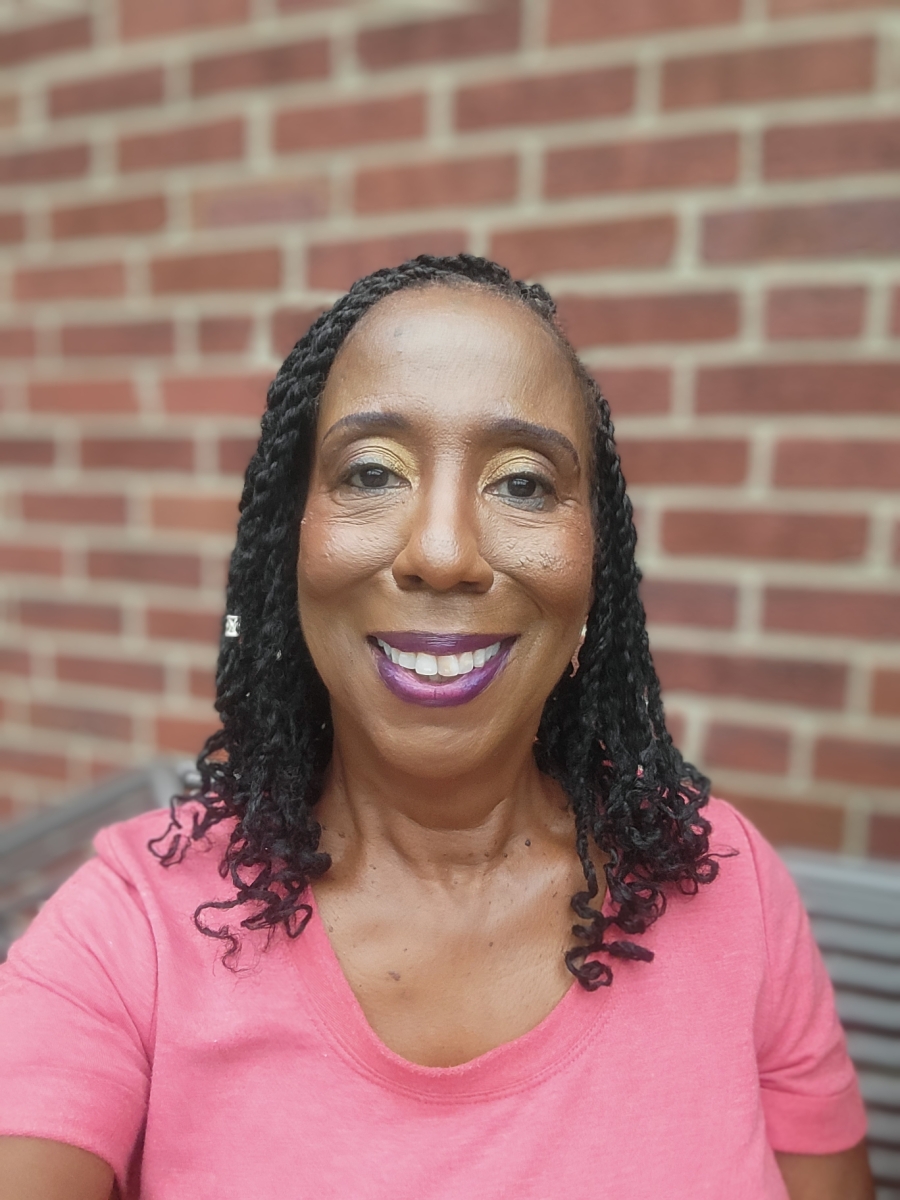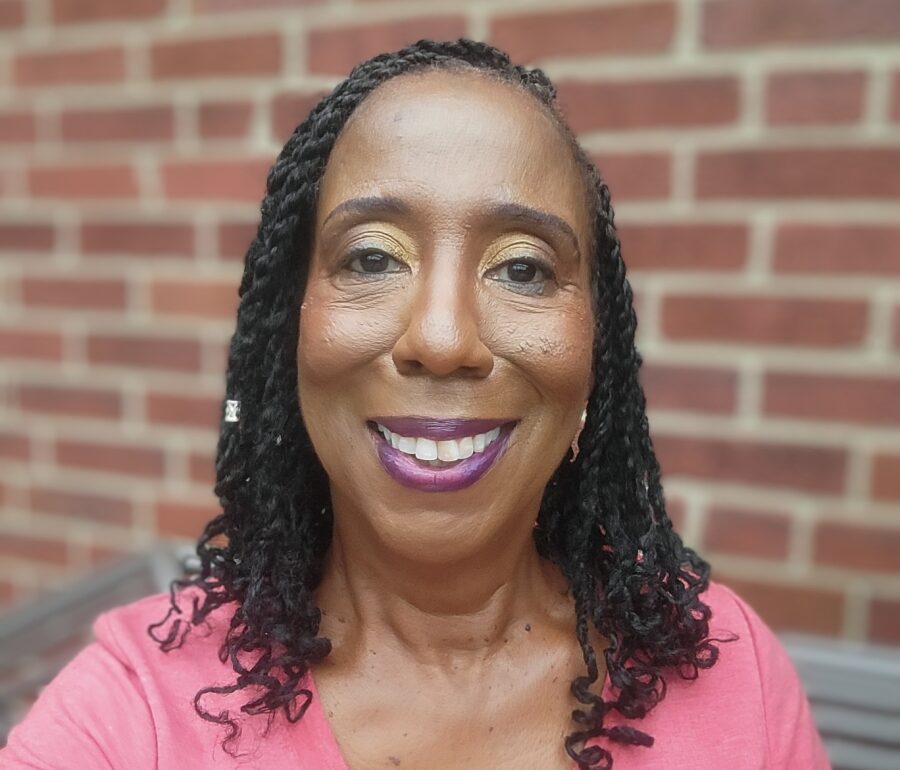
Crystal Thompson, Features Editor
The current political climate is chaotic. Candidates are making promises left and right, the people are taking sides with fervor, and conversations about the most mundane subjects have the potential to become political in nature. Black women’s health has historically been absent from debates and bills, regardless of whether or not we’re in election season or who the candidates are.
For many, this is a normal topic around the dinner table, during outings, and in casual conversations. Black women are no strangers to one another when engaging in an exchange of remedies for ailments or sharing health and wellness experiences and concerns. In fact, these conversations are happening more frequently and tend to be more public facing. No topic focusing on health is off limits, but Black maternal and reproductive health requires a more patient, fragile conversation because its history is steeped in racism, discrimination, and misconceptions or myths.
NuAri Solutions owner Valerie “Sahket” McConnell has provided various healthcare services in multiple capacities to the public for over 20 years and has a view few are in position to have. She’s seen the mortality rate during pregnancy and birth increase among Black women with no plan to address the high number or develop future protections. “Maternal health is a pressing issue that disproportionately affects Black women,” says McConnell. “This situation demands immediate attention and action. The urgency cannot be overstated, and it is crucial we act now to address the disparities.”
It’s long been known that Black people, women especially, have a deep, obvious, and understandable distrust of medical professionals. Unfortunately, this isn’t a trend or phase that will pass as quickly as it has developed. As McConnell points out, it is historical, and not much has changed to eliminate that distrust.
“Discrimination within the healthcare system based on socioeconomic status, gender, and race has been identified as a strong association factor for Black women’s health outcomes. This bias and mistreatment include having pain and autonomy ignored and having long-established communal knowledge discredited and not incorporated into treatment,” says McConnell. When patients are allowed to participate in their own treatment and have a voice to advocate for themselves when interacting with medical professionals, change is inevitable. “Health outcomes for Black women will improve once there is shared decision-making, patient-centered care, culturally concordant care, and increased quality of care,” says McConnell.
Part of that change also includes patients engaging in personal changes away from the doctor’s office. It’s not a terminal solution, but when Black women use preventative care in addition to medical treatment, they increase their chances of overall health. However, McConnell warns against accepting advice circulating around exercise and diet: “Currently, diet and exercise are the most common things women are told to change. I agree that exercising a minimum of three to four times a week and a plant-based diet should be key changes. However, health does not begin in the kitchen and the gym.”
This doesn’t mean there shouldn’t be attention given to these habits. It also doesn’t mean that they shouldn’t be a priority. It means that there are other factors to consider building into a care routine. For Black women, McConnell recommends three lifestyle changes: “First, develop a sleep routine, which involves getting the proper amount and quality sleep on a daily basis. Second, eliminate chronic stress; do not try to manage it. Eliminate it. Chronic stress kills black women slowly; there needs to be an exit strategy before the elevated level takes over the body and forms chronic disease. Third, focus on finding your purpose by having some sense of fulfillment in your life.”
McConnell considers health and wellness a journey that “begins during adolescence, well before motherhood, and continues throughout a woman’s reproductive life and beyond menopause” and should be one of the main goals in life. In addition, she considers ancestral knowledge to be at the forefront of that journey when it involves health and wellness. “Black women must explore how reclaiming our indigenous practices of conjure, magic, and spiritual work create healing.”


